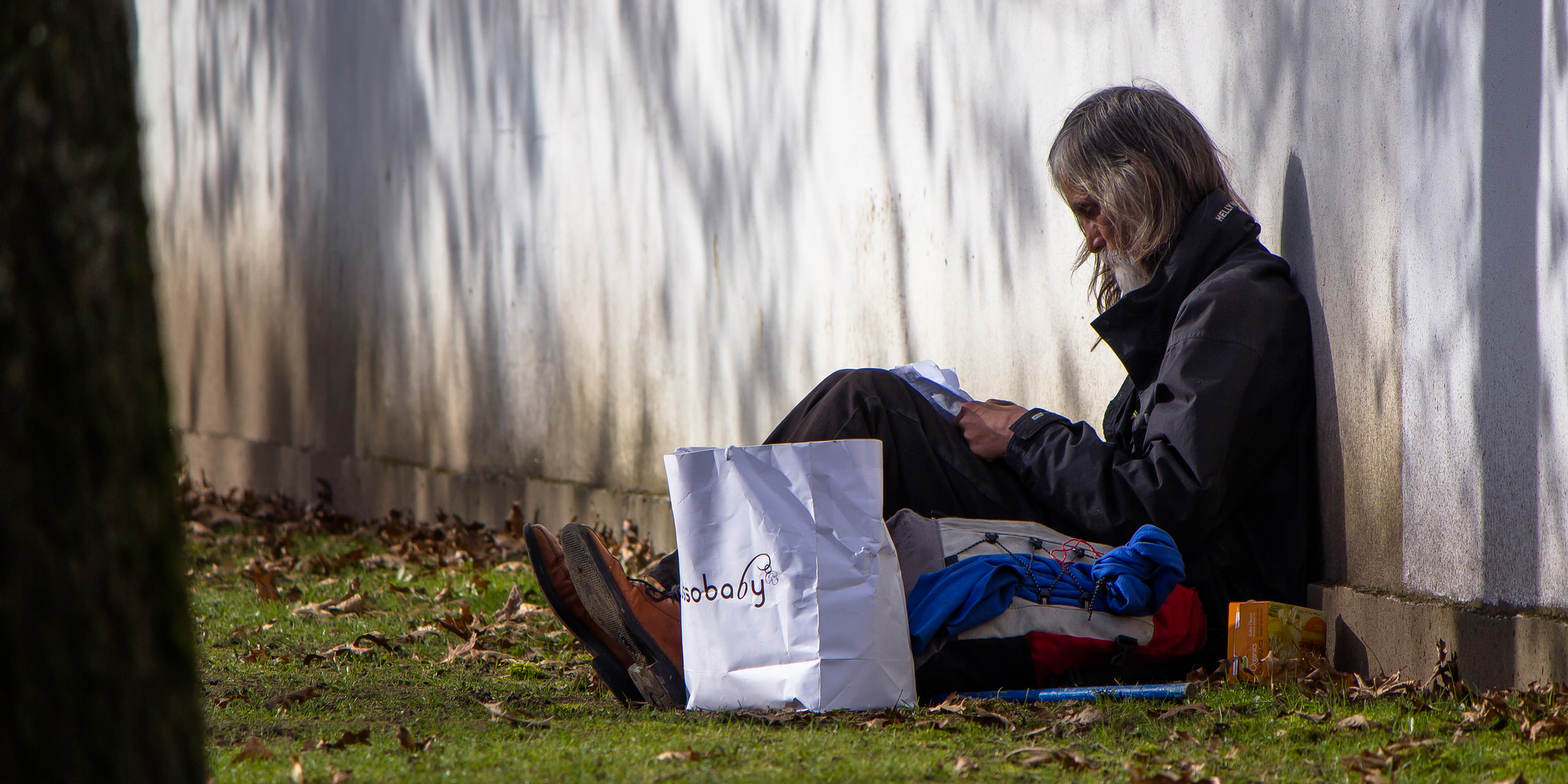Unable to afford rent, some Vancouver seniors choosing to take their own lives rather than become homeless, advocate says

By Lisa Tanh
More seniors are being pushed into homelessness because they can’t afford the city’s high cost of living or find a safe shelter, says the head of a seniors’ non-profit organization.
Anthony Kupferschmidt, executive director of the West End Seniors’ Network, said many seniors in Metro Vancouver rely on low fixed incomes such as old age security pensions and benefits which do not keep up with rising rent prices.
“We see older adults who have to choose between paying their rent, electrical bills, food and medications,” Kupferschmidt said. “How do you choose between the medications that might keep you healthy and having a roof over your head? Some develop mental health issues or choose to take their lives – rather than become homeless.”
Kupferschmidt said the City of Vancouver’s homeless counts aren’t even close to capturing the number of seniors. This is because they may be sleeping on couches of friends or others. He also said the city needs to design shelters that are appropriate for them to sleep in.
“There are many older adults who cannot get up on a top bunk to sleep in at a shelter,” Kupferschmidt said. “Oftentimes, shelters are not perceived as safe places to sleep and stay in – even by younger people. Older adults feel threatened or unsafe in environments where theft and drug use have happened.”
Ethel Whitty, the City of Vancouver’s director of homelessness services, said the city has been thinking about more ways to capture the number of homeless people, rather than “walking around the street and asking people.” She also said that while shelters are not appropriate for anyone, some seniors enjoy the social aspect.
“We do have some seniors who like the communal living aspects of shelters, because they are not so lonely,” Whitty said. “If you’re not quite as mobile or [you’ve] lost a number of friends, it’s nice to have that built-in community of a shelter.”
Whitty added that while the city has a program that offers homeless people income support and assistance into social or supportive housing, they do not have a seperate program for homeless seniors.
“However, I would say one of the things that we’re trying to do right now with modular housing is proving single-rooms with your own washroom and a shared kitchen,” Whitty said. “ I think [that] will work very well for seniors because that social aspect will be there for them.”
ThinkPol asked B.C. Housing Minister Selina Robinson, about solutions to tackle the growing number of homeless seniors in Metro Vancouver.
In an emailed statement, media officer, Lindsay Byers, said, “BC Housing funds programs to support seniors as they move from shelters to seniors’ supportive housing, as well as financial assistance for home modifications through the home adaptations for independence program, to assist seniors maintain independent living. BC Housing also supports low income seniors renting in the private market by providing rent supplements via the shelter aid for elderly renters program.”
Byers also said the province has allocated $66 million toward 600 units of modular housing and that they’re expanding eligibility and benefits for their SAFER program – where close to 23,000 seniors will benefit.
“Effective September 2018, on average, eligible low-income seniors will receive an extra $930 per year,” Byers said.
[Photo Credit: Luke Richardson]



